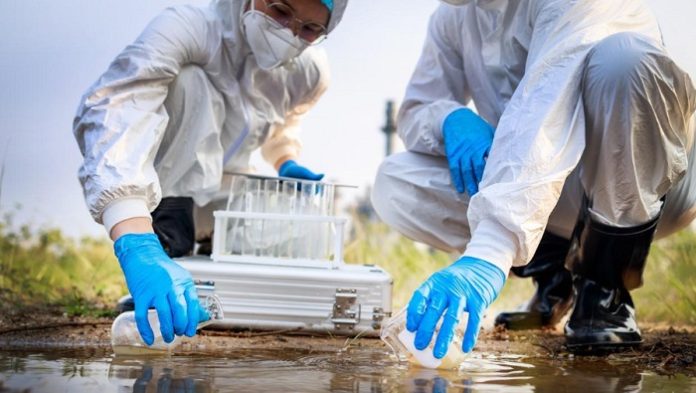In 2023, the pharmaceutical industry, particularly antibiotic manufacturers, has experienced a range of changes that span from supply chain challenges to new regulatory opportunities. A recent insight from the Access to Medicine Foundation has brought attention to the issue of waste management in antibiotic manufacturing and outlined steps that pharmaceutical companies can take to mitigate the risk of antimicrobial resistance (AMR).
The report strongly emphasizes that pharmaceutical companies must acknowledge the environmental impact of their manufacturing practices, particularly regarding antibiotic waste throughout the supply chain. An illustration of the urgency came in January 2023 when a global shortage of the antibiotic amoxicillin coincided with a surge in respiratory infections, leading to increased antibiotic demand. The European Medicines Agency (EMA) noted that this challenge resulted in manufacturing delays and production capacity issues. In response, the EMA announced recommendations for manufacturers in July 2023 to prepare for anticipated winter antibiotic shortages.
The report highlights the British Standards Institute (BSI)’s groundbreaking certification for Minimized Risk of Antimicrobial Resistance (AMR) in antibiotic manufacturing, launched in June 2023. This certification underscores the growing importance of demonstrating responsibility in this critical area.
One significant challenge outlined in the report is the absence of regulations specifically targeting antibiotic discharge from manufacturing sites worldwide. Currently, positive actions in this regard are voluntary. However, the report provides proactive examples of companies demonstrating good practice, including GSK, Pfizer, Novartis, Sandoz (a unit of Novartis), Teva, and Viatris.
The report offers recommendations for antibiotic manufacturers to make meaningful progress in reducing the risk of AMR during the manufacturing process:
- Proactive Antibiotic Waste Management: Notably, firms like GSK and Pfizer report compliance with discharge limits at most of their upstream suppliers. GSK, for instance, declares 100 percent compliance at supplier sites, while Pfizer reports over 86 percent compliance among its suppliers. This demonstrates the feasibility of achieving compliance on a larger scale, but transparency and accountability throughout the supply chain are essential.
- Effective Wastewater Management: The report recommends establishing, quantifying, and monitoring discharge limits to ensure wastewater safety at manufacturing sites. Companies should develop comprehensive wastewater treatment processes to minimize AMR risk effectively. A case study on Sandoz’s use of membrane filtration to remove bacteria from wastewater is provided.
- Transparency Across the Supply Chain: Pharmaceutical companies have the capacity to support suppliers in achieving compliance with discharge limits. Collaboration is vital for the sustainability of the antibiotic supply chain, given the dependence on a limited number of API producers.
Notably, the report highlights that no company currently reports actual antibiotic discharge levels at its own or supplier sites. Investing in responsible manufacturing can help companies combat rising drug resistance while aligning with market expectations for environmental and sustainable practices.
The report also touches on the future of the antibiotic supply chain, suggesting that regulations aimed at reducing AMR risk from manufacturing may be introduced or strengthened in various countries. By following the recommendations outlined in the Access to Medicine Foundation report, pharmaceutical companies can ensure their antibiotic production aligns with responsible manufacturing principles and meets stakeholders’ increasing expectations for environmental responsibility.
In July 2023, the Responsible Antibiotics Manufacturing Platform (RAMP) published a framework to evaluate and verify a company’s manufacturing practices in reducing the risks of antimicrobial resistance (AMR), further emphasizing the need for responsible manufacturing in the industry.























